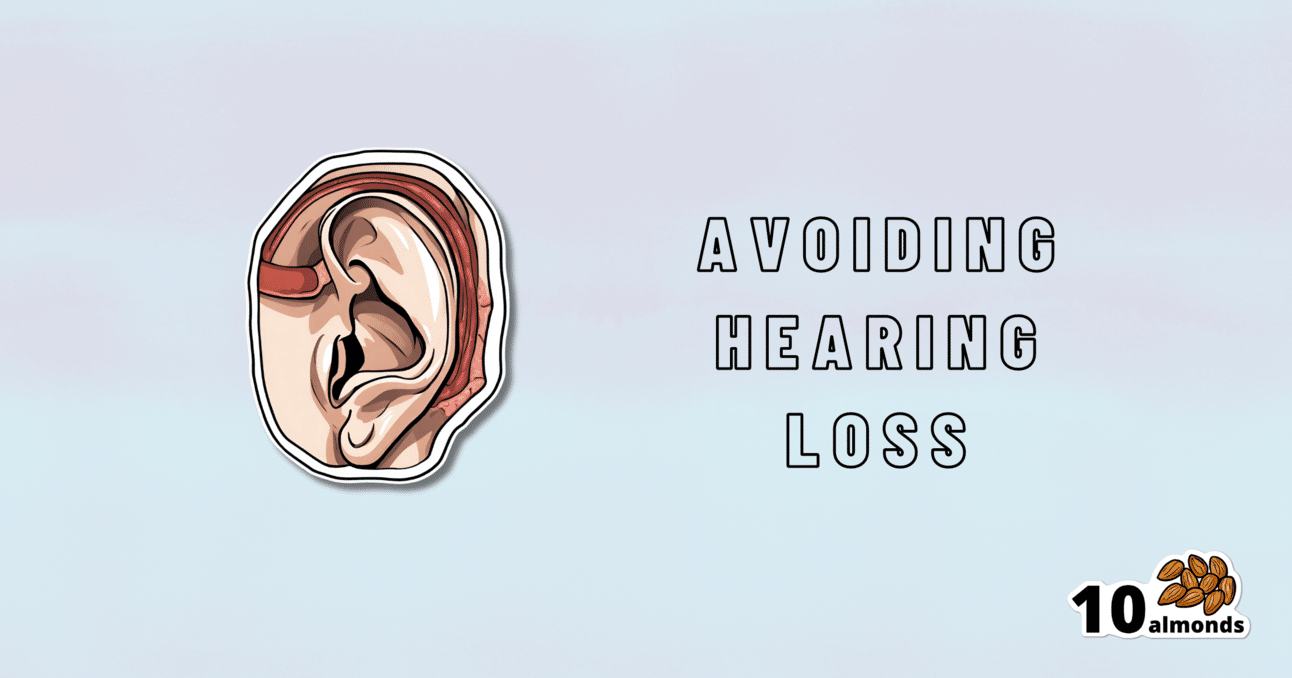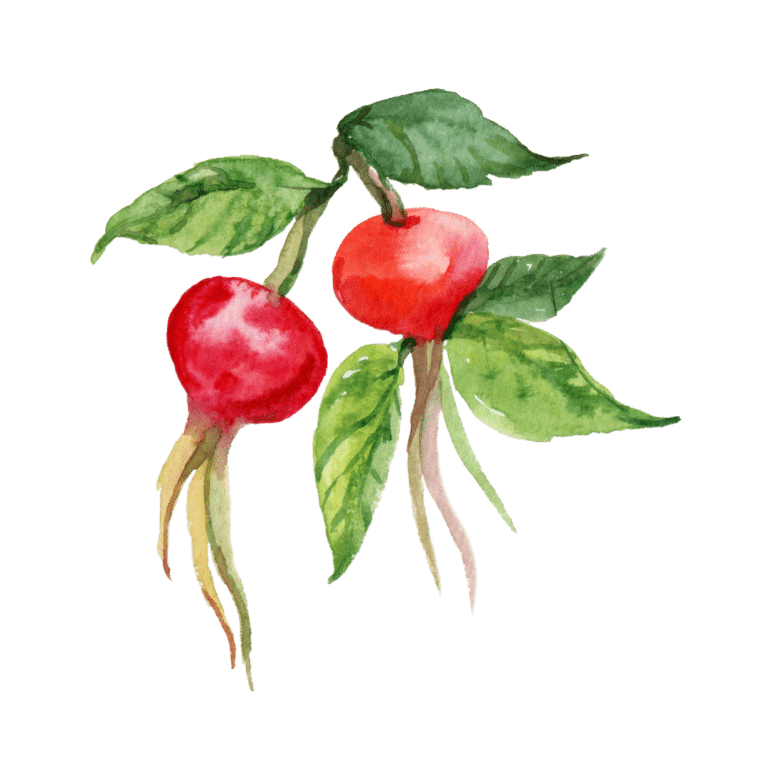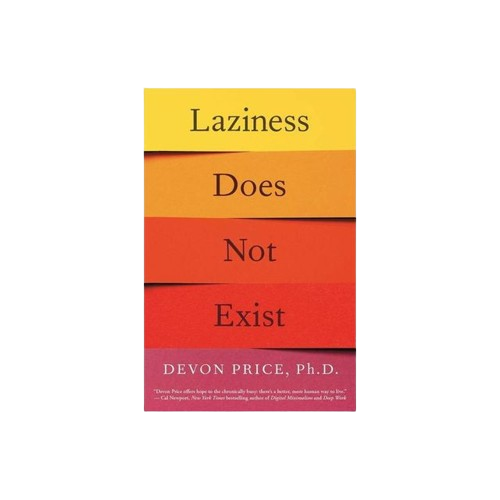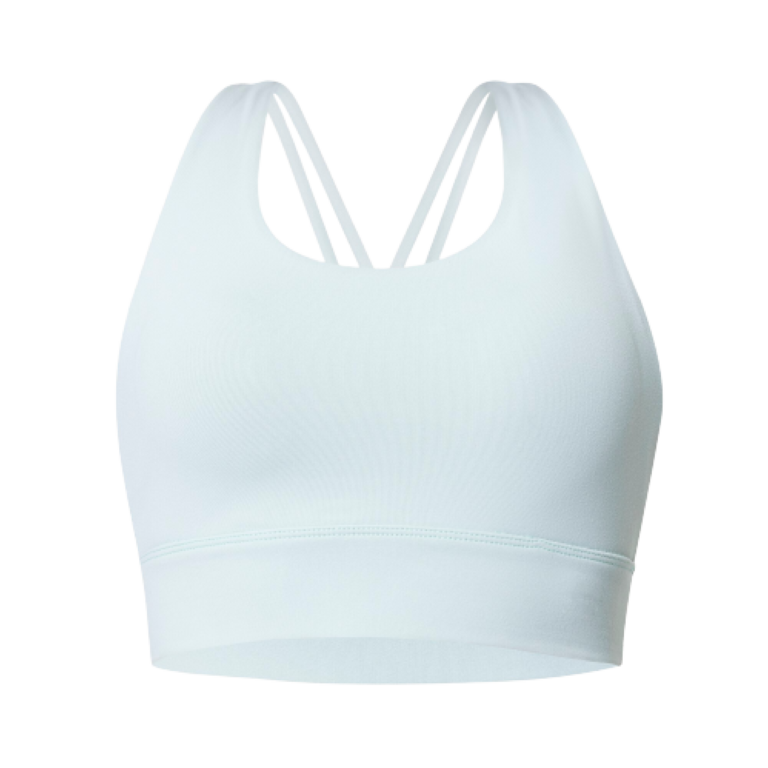5 Ways To Avoid Hearing Loss
Protect your hearing by avoiding loud environments, not sticking things in your ears, looking after your overall health, getting regular tests, and using hearing aids if needed.

Hear Ye, Hear Ye
Hearing loss is often associated with getting older—but it can strike at any age. In the US, for example…
- Around 13% of adults have hearing difficulties
- Nearly 27% of those over 65 have hearing difficulties
Complete or near-complete hearing loss is less common. From the same source…
- A little under 2% of adults in general had a total or near-total inability to hear
- A little over 4% of those over 65 had a total or near-total inability to hear
Source: CDC | Hearing Difficulties Among Adults: United States, 2019
So, what to do if we want to keep our hearing as it is?
Avoid loud environments
An obvious one, but it bears stating for the sake of being methodical. Loud environments damage our ears, but how loud is too loud?
You can check how loud an environment is by using a free smartphone app, such as:
Decibel Pro: dB Sound Level Meter (iOS / Android)
An 82 dB environment is considered safe for 16 hours. That’s the equivalent of, for example moderate traffic.
Every 3 dB added to that halves the safe exposure time, for example:
- An 85 dB environment is considered safe for 8 hours. That’s the equivalent of heavier traffic, or a vacuum cleaner.
- A 94 dB environment is considered safe for 1 hour. That might be a chainsaw, a motorcycle, or a large sporting event.
Many nightclubs or concert venues often have environments of 110 dB and more. So the safe exposure time would be under two minutes.
Source: NIOSH | Noise and Hearing Loss
With differences like that per 3 dB increase, then you may want to wear hearing protection if you’re going to be in a noisy environment.
Discreet options include things like these -20 dB silicone ear plugs that live in a little case on one’s keyring.
Stop sticking things in your ears
It’s said “nothing smaller than your elbow should go in your ear canal”. We’ve written about this before:
What’s Good (And What’s Not) Against Earwax
Look after the rest of your health
Our ears are not islands unaffected by the rest of our health, and indeed, they’re larger and more complex organs than we think about most of the time, since we only tend to think about the (least important!) external part.
Common causes of hearing loss that aren’t the percussive injuries we discussed above include:
- Diabetes
- High blood pressure
- Smoking
- Infections
- Medications
Lest that last one sound a little vague, it’s because there are hundreds of medications that have hearing loss as a potential side-effect. Here’s a list so you can check if you’re taking any of them:
List of Ototoxic Medications That May Cause Tinnitus or Hearing Loss
Get your hearing tested regularly.
There are online tests, but we recommend an in-person test at a local clinic, as it won’t be subject to the limitations and quirks of the device(s) you’re using. Pretty much anywhere that sells hearing aids will probably offer you a free test, so take advantage of it!
And, more generally, if you suddenly notice you lost some or all of your hearing in one or more ears, then get thee to a doctor, and quickly.
Treat it as an emergency, because there are many things that can be treated if and only if they are caught early, before the damage becomes permanent.
Use it or lose it
This one’s important. As we get older, it’s easy to become more reclusive, but the whole “neurons that fire together, wire together” neuroplasticity thing goes for our hearing too.
Our brain is, effectively, our innermost hearing organ, insofar as it processes the information it receives about sounds that were heard.
There are neurological hearing problems that can show up without external physical hearing damage (auditory processing disorders being high on the list), but usually these things are comorbid with each other.
So if we want to maintain our ability to process the sounds our ears detect, then we need to practice that ability.
Important implication:
That means that if you might benefit from a hearing aid, you should get it now, not later.
It’s counterintuitive, we know, but because of the neurological consequences, hearing aids help people retain their hearing, whereas soldiering on without can hasten hearing loss.
On the topic of hearing difficulty comorbidities…
Tinnitus (ringing in the ears) is, paradoxically, associated with both hearing loss, and with hyperacusis (hearing supersensitivity, which sounds like a superpower, but can be quite a problem too).
Learn more about managing that, here:
Tinnitus: Quieting The Unwanted Orchestra In Your Ears
Take care!
Share This Post
Learn To Grow
Sign up for weekly gardening tips, product reviews and discounts.




